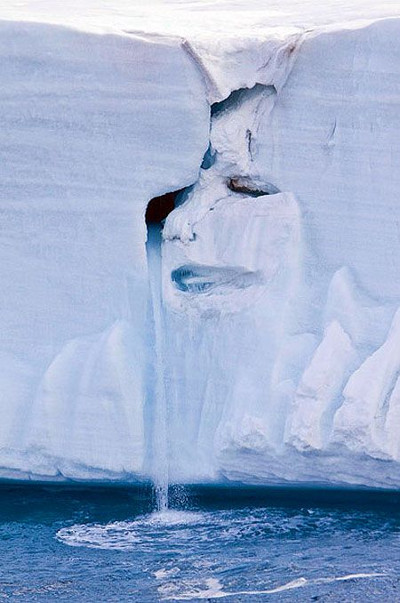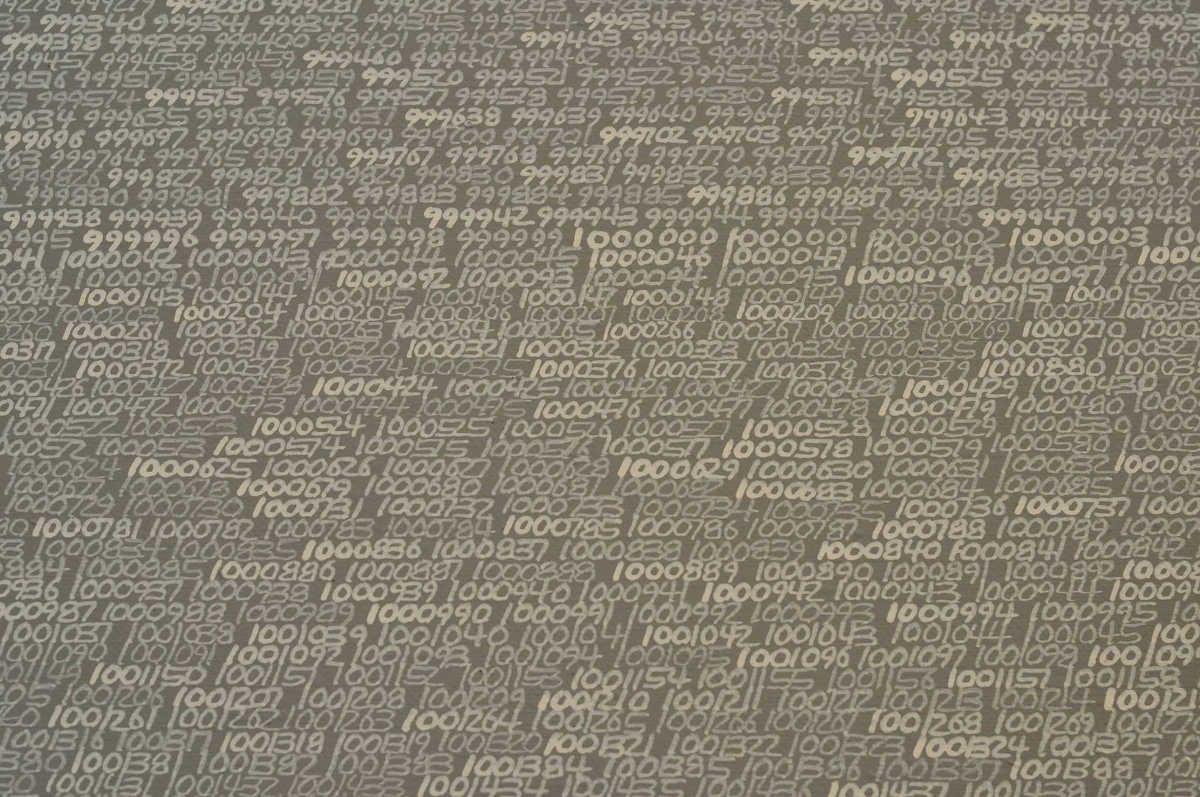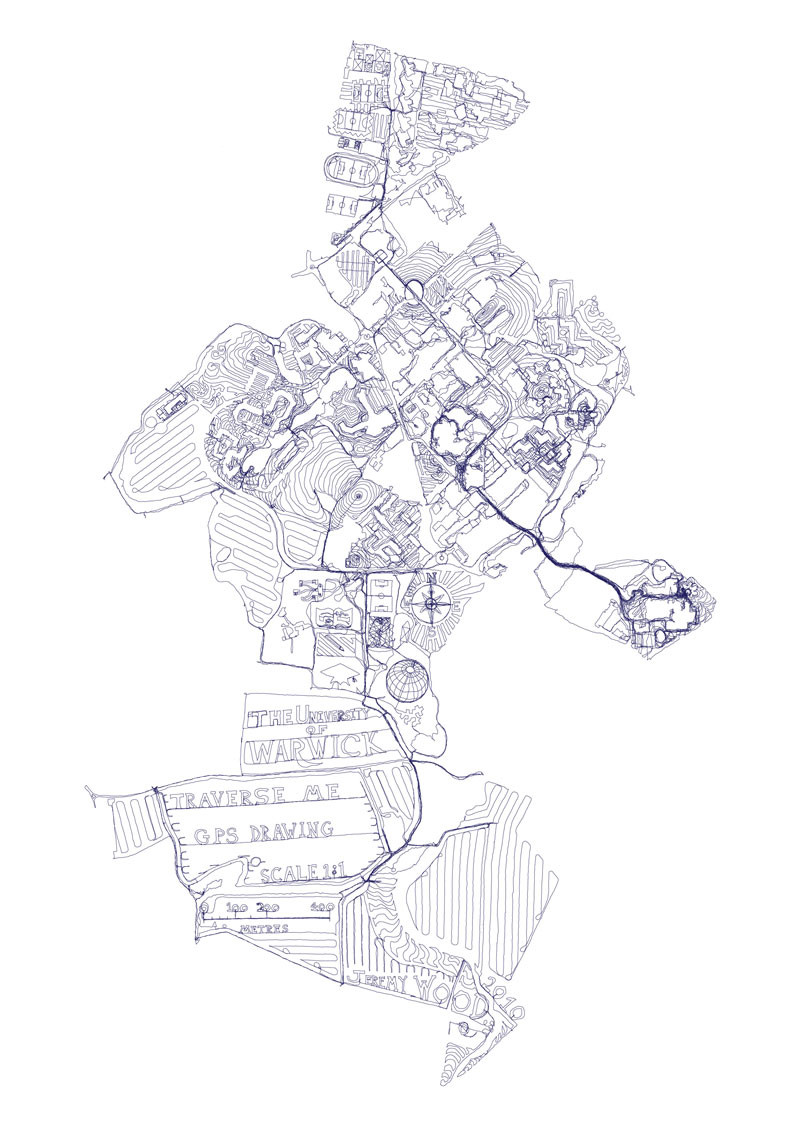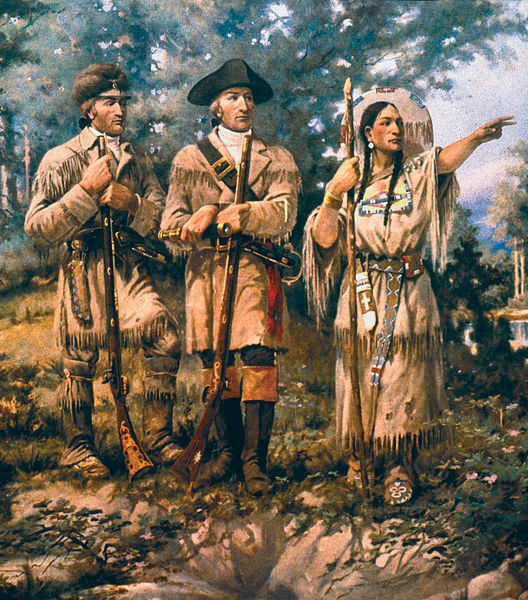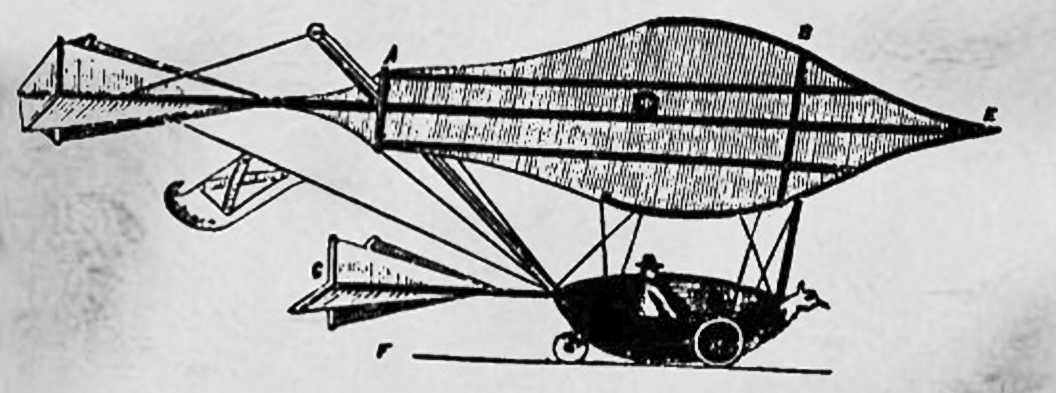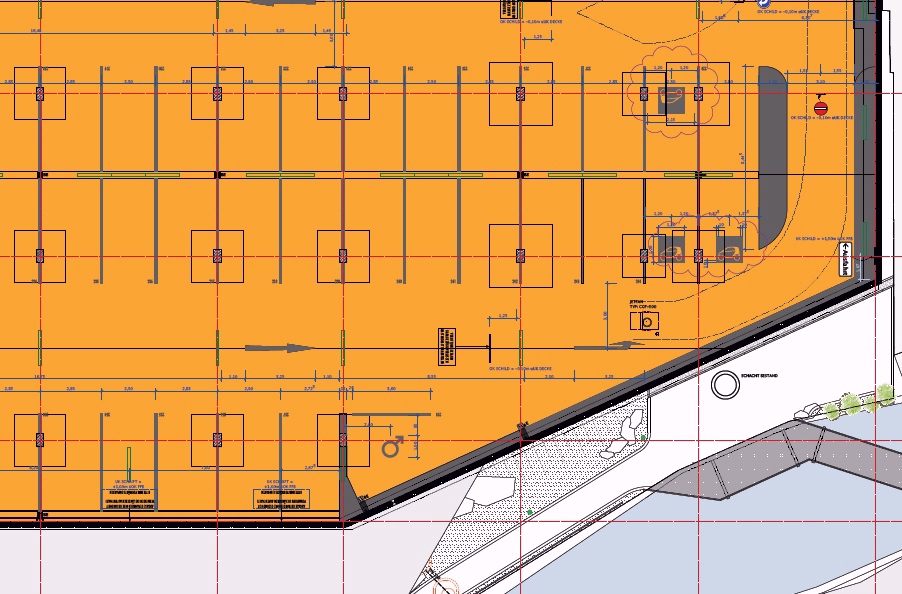
When Triberg, Germany, unveiled a new parking garage in 2012, it included 12 parking spaces designated for women’s use, as has been required by German law since the 1990s. The spaces are somewhat larger than normal and located near the mall entrance, to reduce the possibility of sexual assault.
Due to the Triberg mall’s shape, it also has one space on each level that requires a complex parking maneuver. Mayor Gallus Strobel decided to designate these for men … which brought on a backlash from people who felt that it insults women’s parking skills.
“It’s a joke,” Strobel told ABC. “Everyone in Triberg thinks it is a joke. We looked at the two parking spaces and we said, ‘They could be dangerous for your car,’ so at the same time, we decided to make them for men, and then give 12 others for women.”
Is this sexist? Considerate? Unnecessary? Germany isn’t the only nation that uses women’s parking spaces — they’ve also been introduced in Austria, Switzerland, and China, where the spokesman for one northern mall told AFP, “The fact that our women’s parking spaces are wider is simply due to practical reasons and shouldn’t imply that women are worse at driving than men.”
For his part, Strobel seems to have his eye on the bottom line — after Triberg controversy made the news, the town’s tourist traffic increased from 250,000 to 400,000. “Women can come here and prove me wrong,” he told the Times of India, “and while they’re at it, they can see the town’s attractions.”


